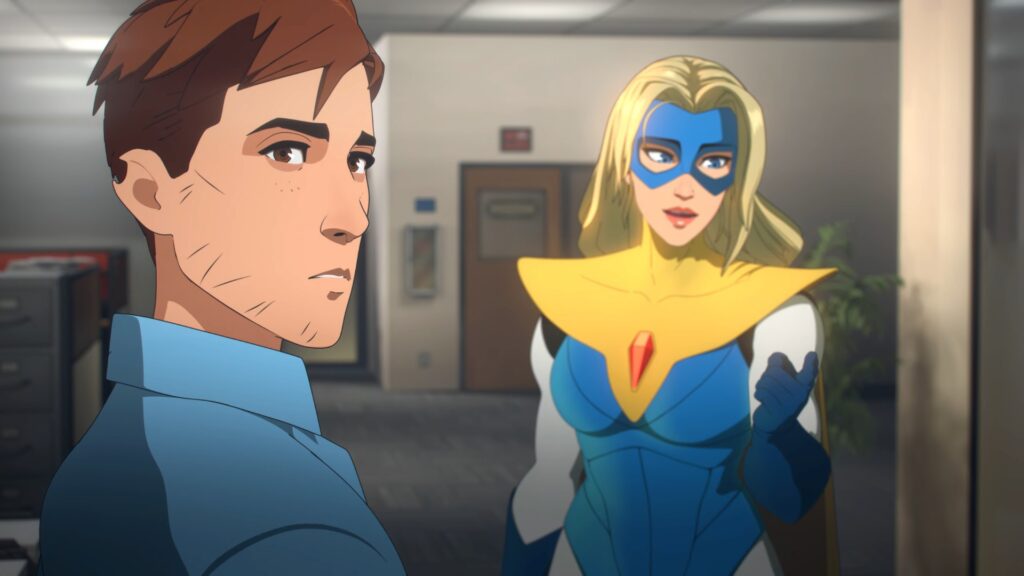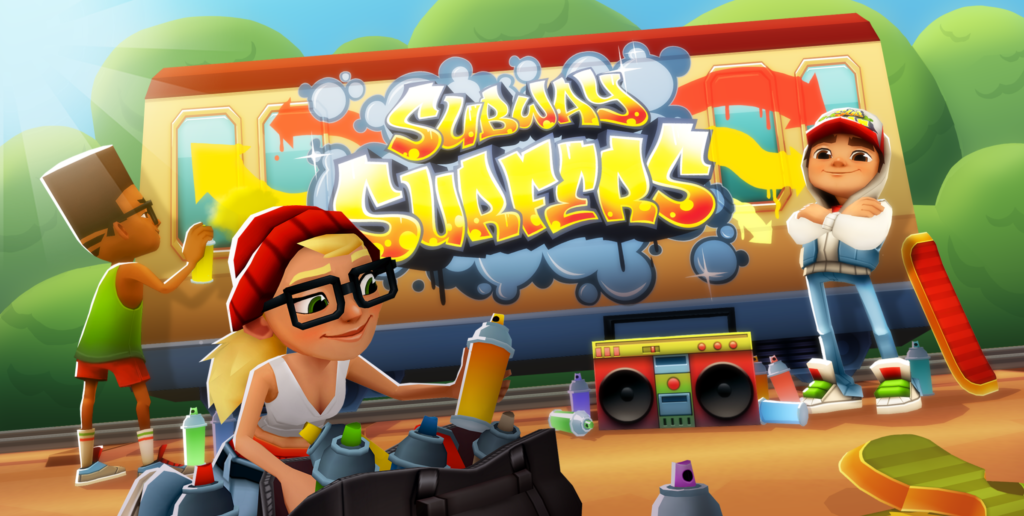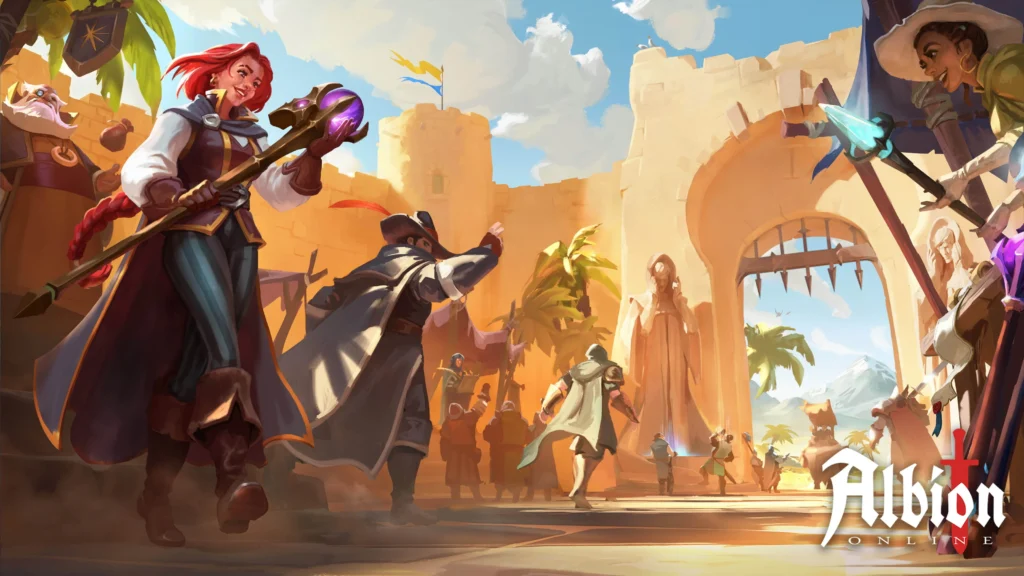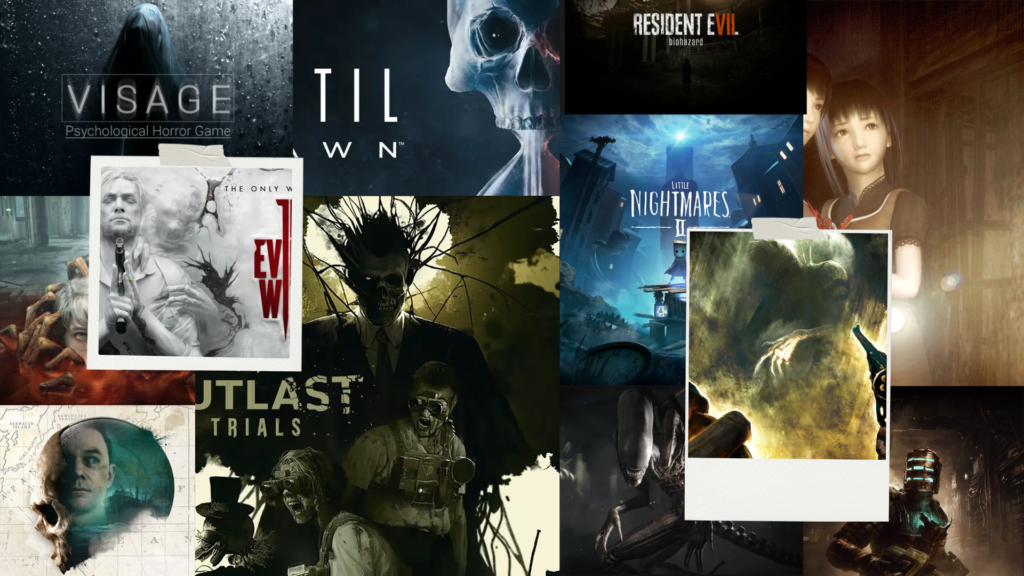Release date: October 22, 2025 – Episodes 1 & 2 (the game is being published episodically through November).
When you hear Dispatch described as a “superhero workplace comedy,” don’t let the phrase sell it short. AdHoc Studio team populated by veterans of the old Telltale era has taken the familiar bones of choice-driven narrative adventures and grafted into them a whip-smart satire of modern office life, all beneath a layer of loud, pulpy superhero trappings. The result feels like an animated adult series you can actually steer: equal parts The Office, Invincible, and a management sim about keeping oddballs from burning down the city.
Below I’ll walk through what makes Dispatch such a surprising hit story and characters, the hybrid gameplay, the production and cast, and why the game’s release has become a cultural moment for narrative gaming.
The hook: you’re not the hero you’re the person who sends them
Most superhero stories put you in the cape. Dispatch flips that expectation: you play Robert Robertson (once Mecha Man, now deskbound), a man whose signature suit was wrecked in a setpiece battle and who must now manage a roster of reformed supervillains turned “heroes.” You spend most of your time behind a retro CRT-style interface dispatching teams to crises, triaging emergent situations, and navigating the petty and often very funny office politics of a semi-governmental superhero agency. The tone is comedic, but the writing keeps an emotional anchor: these are people (and former people) with complicated pasts and surprisingly human problems.
That premise does three clever things at once: it reframes heroism as a logistics problem; it lets the game mine comedy from HR-style dysfunction; and it creates space for meaningful character work your choices shape relationships, and those relationships feed back into who you can trust in the field.
Gameplay: narrative choice + tactical dispatch
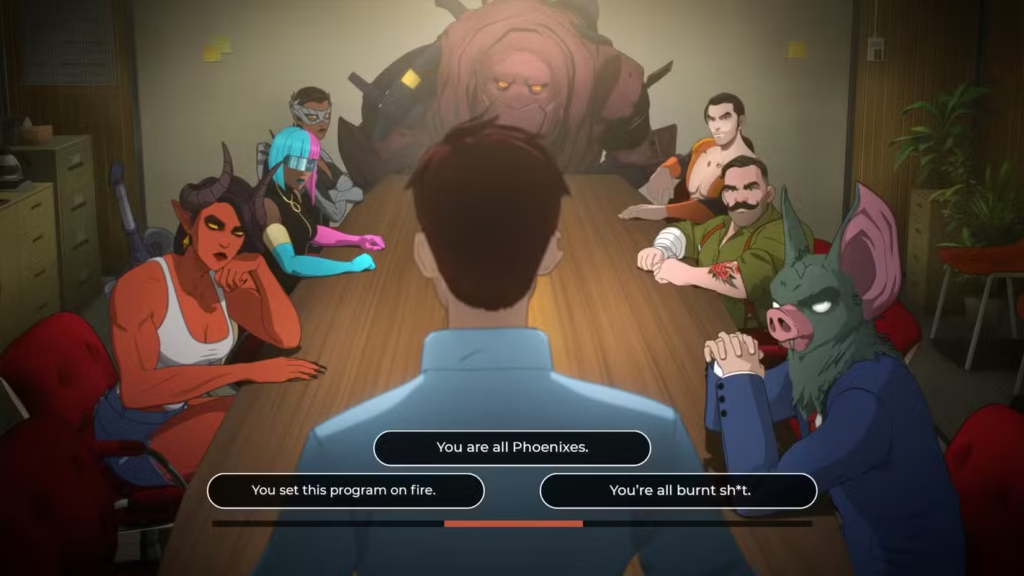
If you’ve played a Telltale-style adventure, the conversational beats in Dispatch will feel comforting and familiar: branching dialogue, tough moral options, and animated cutscenes that look like premium TV animation. But AdHoc didn’t stop at conversation trees. Interleaved with that narrative are strategy screens a “mission board” where you match heroes’ strengths, weaknesses, and personalities to problems in the city. Characters have passives, synergies, and upgrade paths; sending a pyromaniac to a gas-line leak is a recipe for viral disaster and an excellent comedic beat. PC Gamer’s previews and hands-on takes praise this hybrid as more than cosmetic: the management layer is both funny and mechanically satisfying, not just window dressing.
That said, early reviews note the tension between spectacle and agency: while the writing and presentation are top-tier, some of the “action” sequences are still limited in interactivity compared to full action games. But that’s a design choice the studio clearly wants the player to feel like a showrunner with a headset, not a street-level brawler.

Characters and voice cast: a little star power goes a long way
AdHoc loaded the cast with recognizable names Aaron Paul headlines as Robert, supported by Laura Bailey, Jeffrey Wright, and a broad ensemble of streamers and VA talent. That casting isn’t just for shock value; their performances sell the humor and the quieter human moments alike. The game’s visual style a cel-shaded, adult-animation aesthetic pairs perfectly with the actors’ delivery, making cutscenes feel like episodes of a premium animated series with branching outcomes. The studio’s press materials and early coverage emphasize that this was a deliberate push: make it feel like a playable TV show, while keeping the player’s choices meaningful.
Production & provenance: the Telltale DNA (and how AdHoc evolved it)
AdHoc Studio was founded by ex-Telltale staff and other veterans of narrative games, and that history is obvious in Dispatch’s structure: episodic releases, cinematic editing, and a focus on story over spectacle. But AdHoc is not trying to be a nostalgia act. Interviews with studio leads show they intentionally leaned into a tighter blend of narrative and systems design the comedy/sketch pacing comes from TV writing rooms rather than linear game scripts. That pedigree explains the game’s polish: it looks and sounds like a studio that learned a lot from the last decade of episodic experiments.
Reception & cultural impact: a surprise wildfire
Here’s the headline figure: Dispatch sold a million copies within about ten days of launch, a remarkable feat for a small studio’s episodic adventure and even more so given it initially launched on PC and PS5 only. Critics and players have broadly praised the writing, animation, and voicework; some have raised concerns about constrained player agency and how consequential choices will remain over the remaining episodes. Still, community reaction has been overwhelmingly positive, and the game has reignited mainstream conversations about whether episodic, choice-driven narrative games can still be commercially viable.
This traction matters for two reasons. First, it proves there’s an appetite for mature, voice-led interactive stories again a market that collapsed after Telltale’s troubles. Second, Dispatch’s success may spur more experiments at the intersection of narrative and systems design: think of it as a proof-of-concept that tightly focused writing and a few smart mechanics can compete with big action blockbusters for attention and cultural relevance.
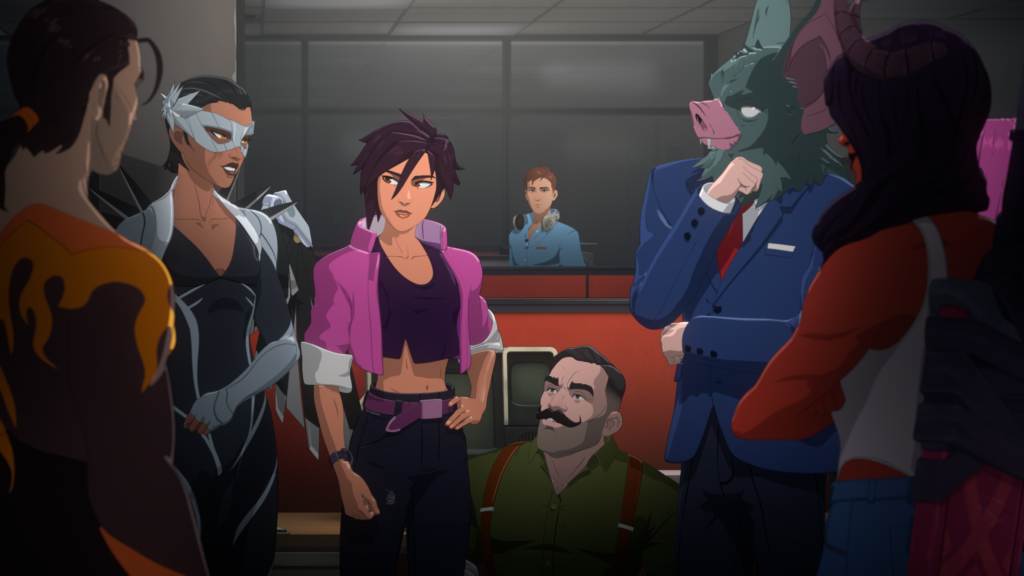
The episodic rollout: a bingeable sitcom model
AdHoc opted for a weekly episodic schedule: October 22 (Episodes 1 & 2), followed by weekly releases that conclude in November. That cadence leans into conversation it creates the “water-cooler” effect where players finish an episode and immediately tweet about their choices, theories, and favorite lines. For a game so rooted in jokes and character beats, that dripfeed model keeps discourse fresh and communal and judging by player engagement, it’s working.
Small criticisms (so this reads like a balanced review)
- Agency vs. presentation. A recurring note in reviews is that while choices feel meaningful in scene-level beats, the mechanical impact of those choices on the larger story is still unclear with only the first episodes out. If later episodes deepen consequences, early criticisms will evaporate if not, some players might feel the choice structure is more cosmetic than structural.
- Limited platforms at launch. The game launched on PS5 and Windows; players on Xbox or the new Nintendo hardware are waiting. There are reports the studio is exploring other platforms, but availability will shape how broad the community discussion becomes.
- Action fidelity. If you expect kinetic, hands-on combat, Dispatch isn’t that. It’s a story-and-management hybrid first; the action is cinematic and curated, not mechanically deep. That’s fine if you came for the writing, less so if you wanted an AV-heavy superhero simulator.
Why you should care (and why to play)
Dispatch matters because it’s both a smart piece of crowd-pleasing entertainment and a small studio proving that narrative experiments are still fertile ground. If you like sharp dialogue, lovable screw-ups, and the weird joy of matching temperamental supers to disaster scenes, it scratches a very specific itch. And if you miss the era when episodic games made the whole internet argue about that one choice in a dialogue tree, Dispatch is engineered to get you talking again.
Final take
AdHoc Studio took a high-concept joke “what if superheroes had HR?” and turned it into something genuinely warm, oddly tender, and frequently hilarious. Dispatch is not flawless, but it’s a vivid demonstration of how narrative design can be layered with systems without losing what makes interactive stories special: the sense that your choices matter, even if only in the intimate, messy way people’s choices always matter to each other. For anyone who misses story-first games, or loves good voice acting wrapped in an adult cartoon, Dispatch is one of this fall’s must-try titles.
Sources & reading
Key reporting and data I used while researching this piece:
- Steam store listing and release details.
- AdHoc Studio press release / GamesPress launch announcement (episodic schedule).
- Sales milestone coverage: Windows Central & GameInformer.
- Critical commentary and review analysis (The Verge, PC Gamer, Kotaku).
- AdHoc Studio presskit and cast list.

